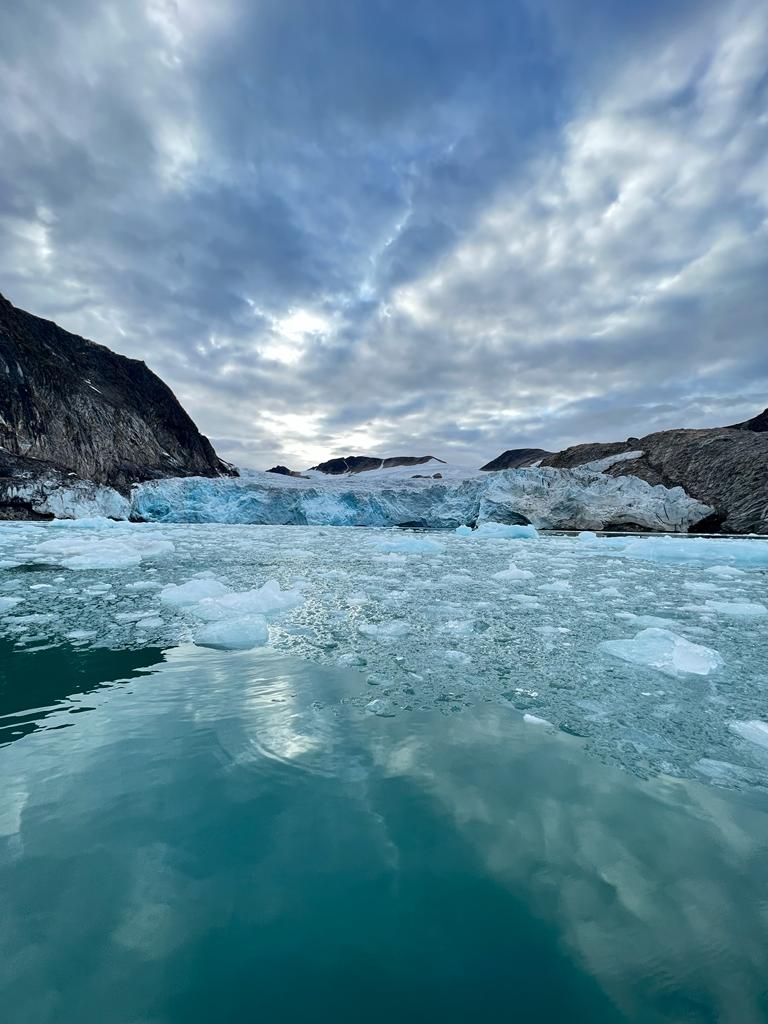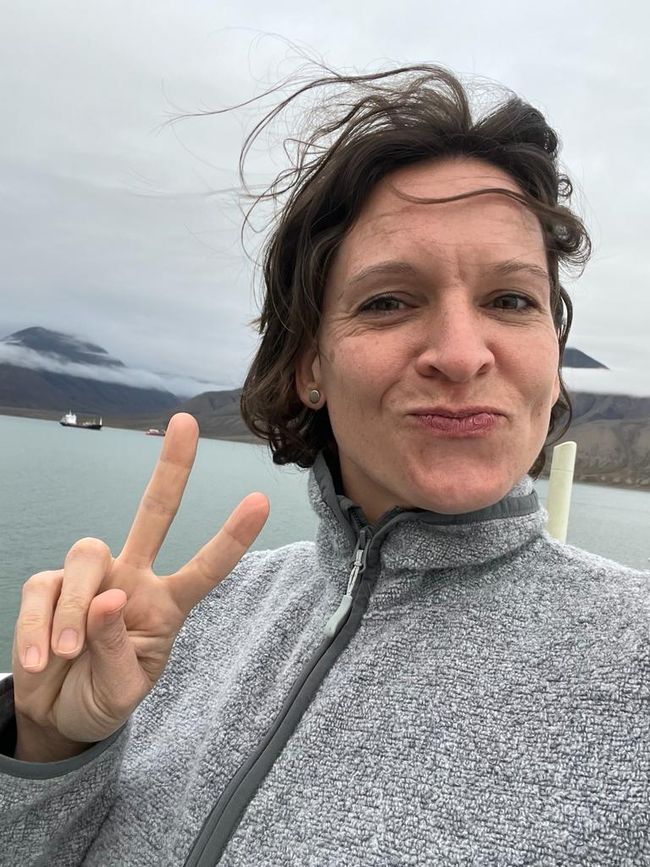Beautiful nature in Serbia's west
प्रकाशित: 15.08.2018
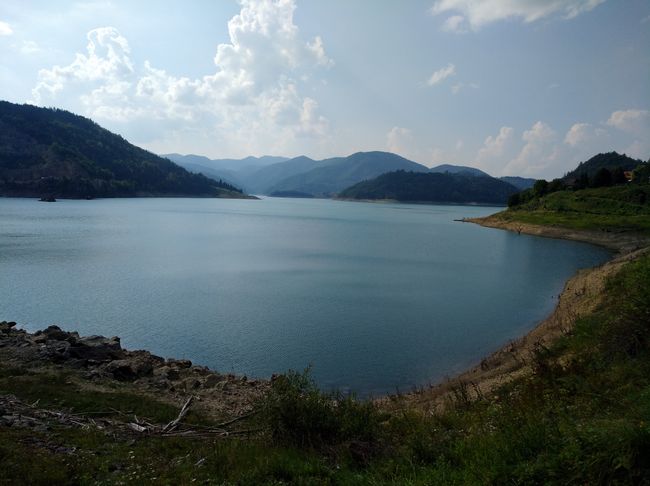
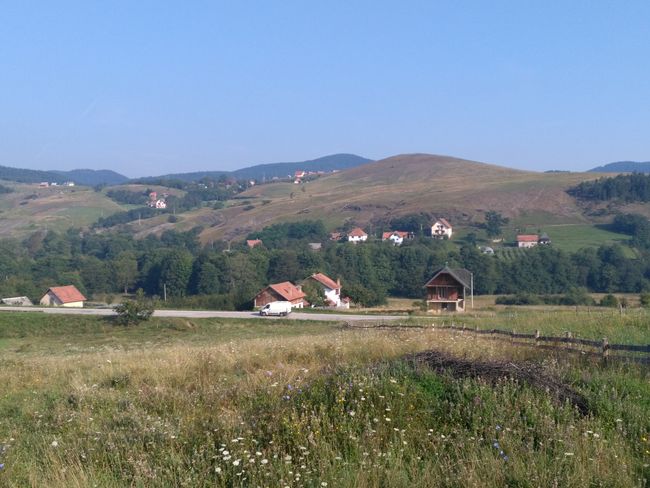
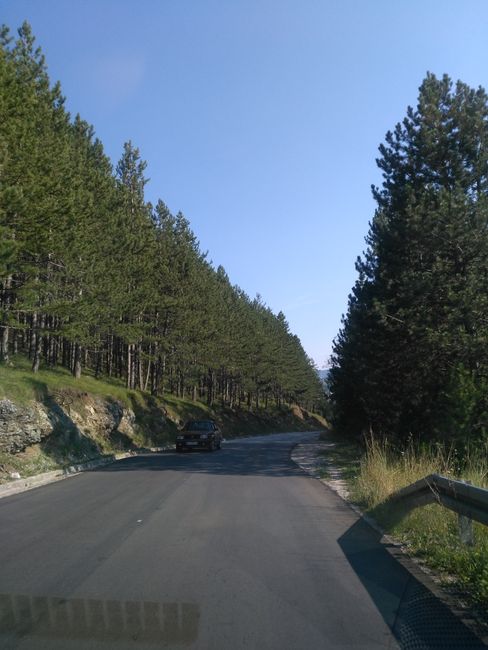
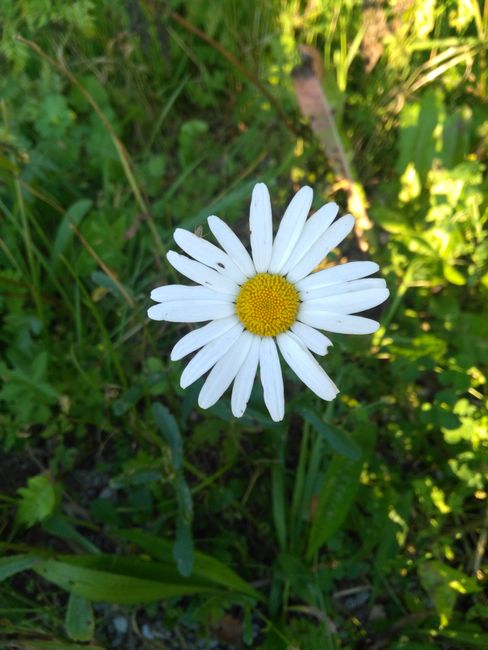
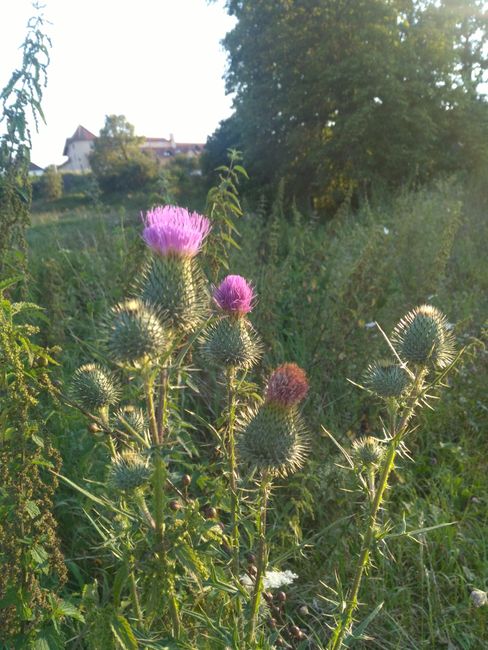
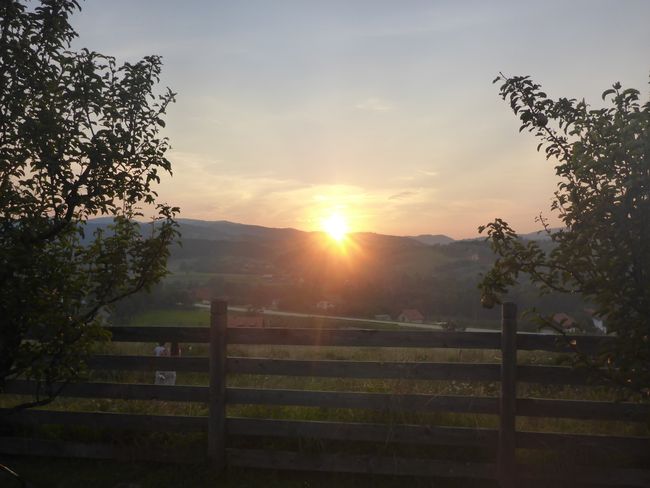
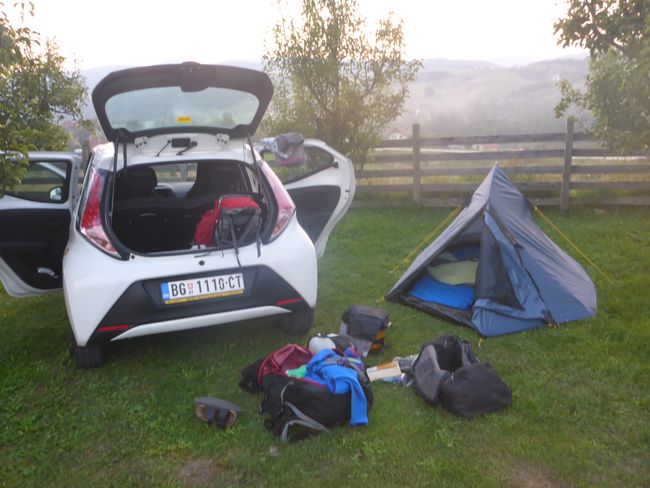
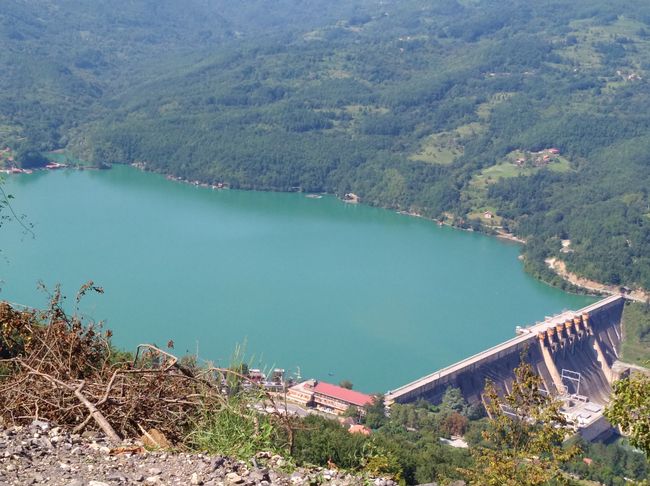
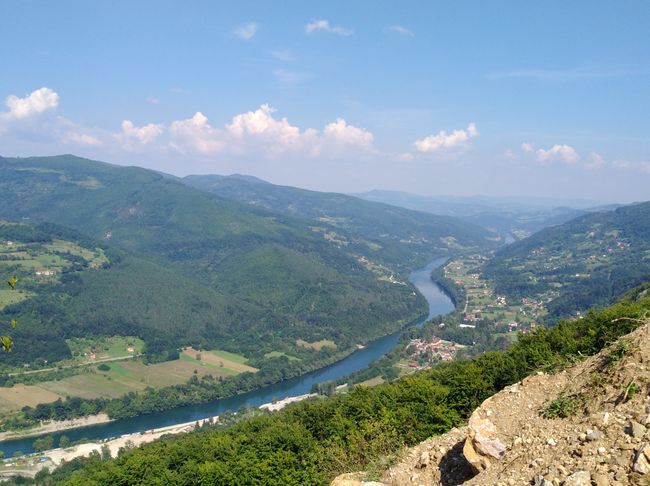

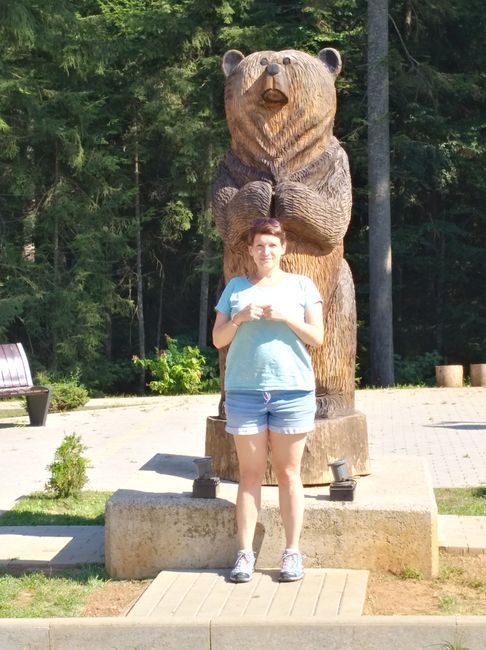
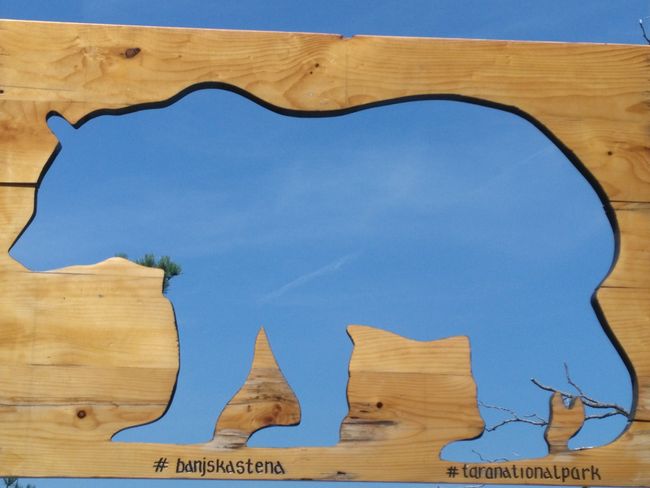
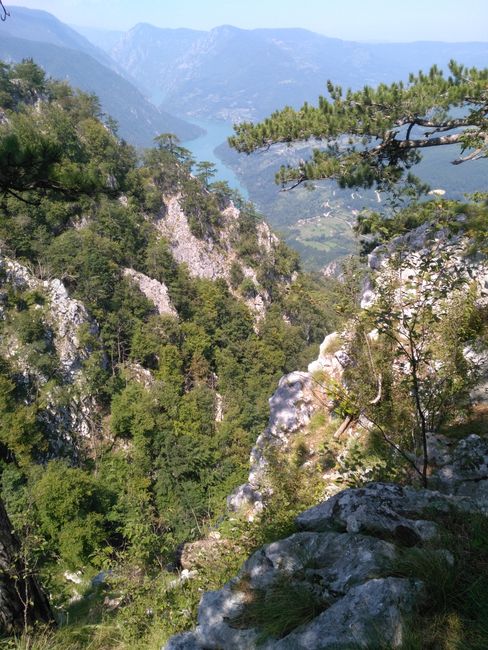
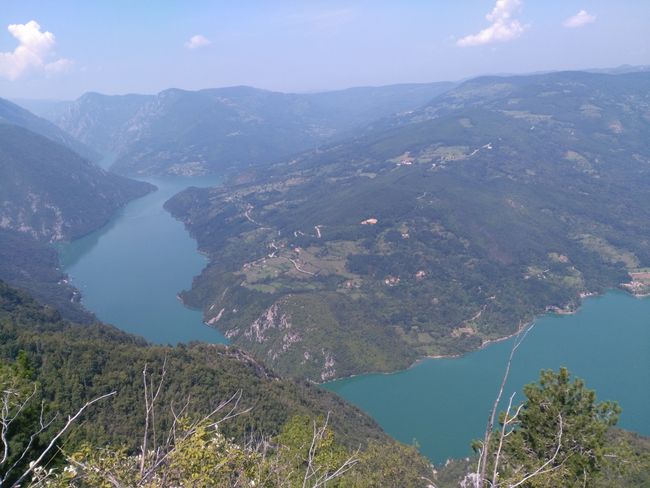
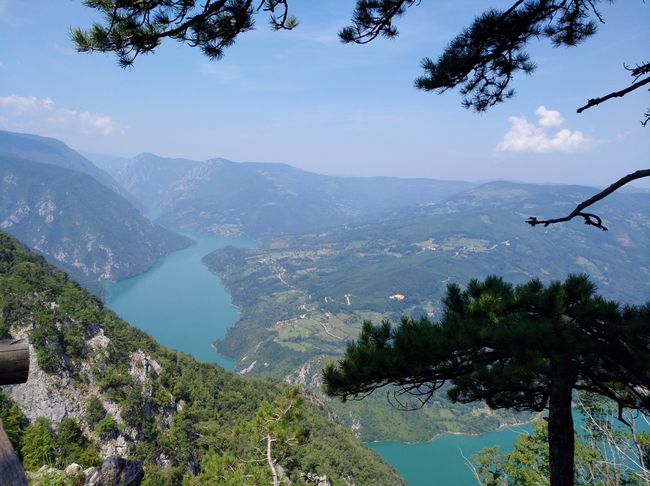
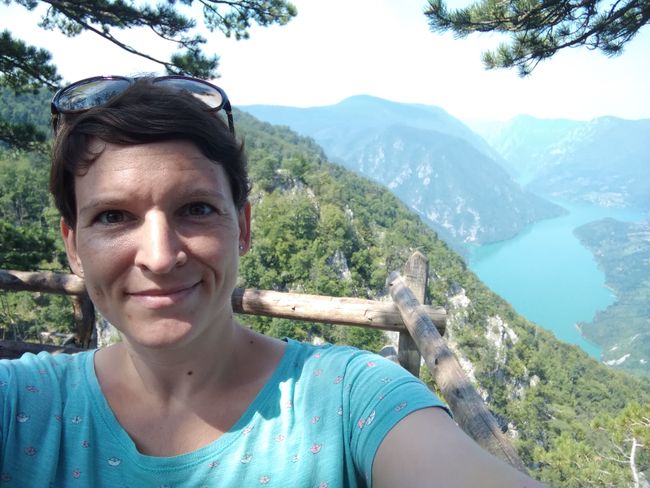
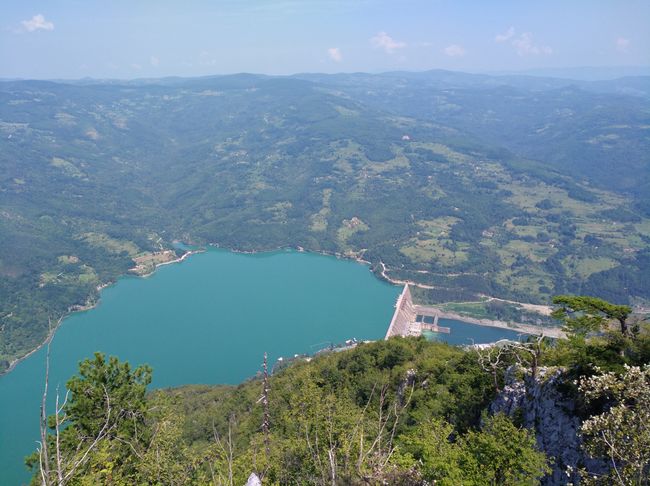
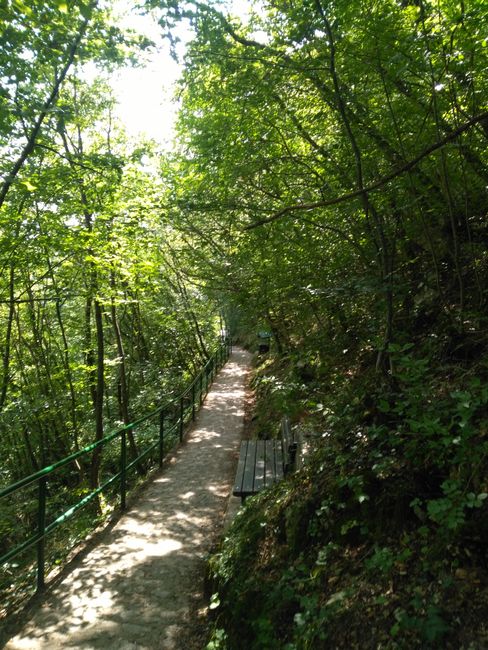
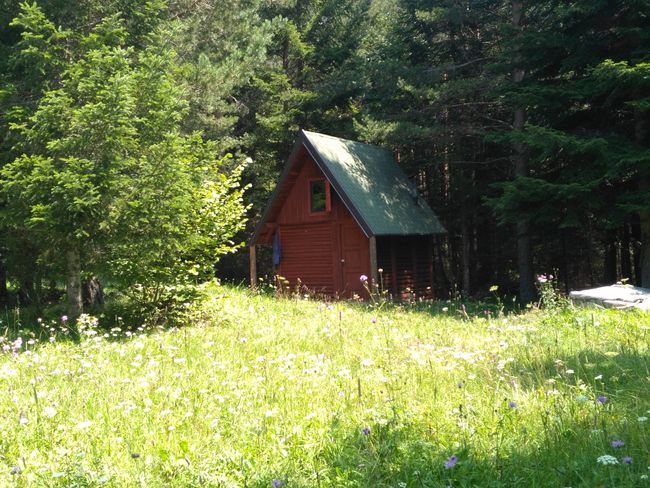
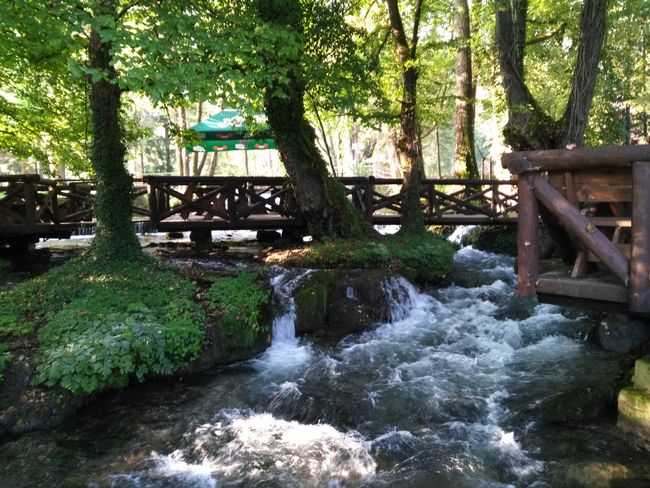
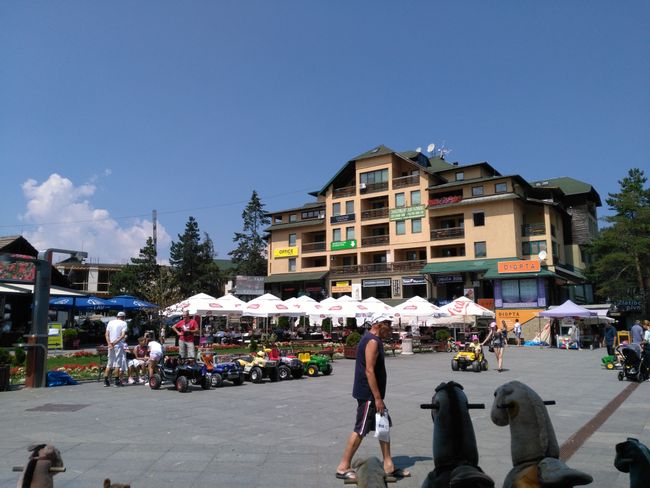
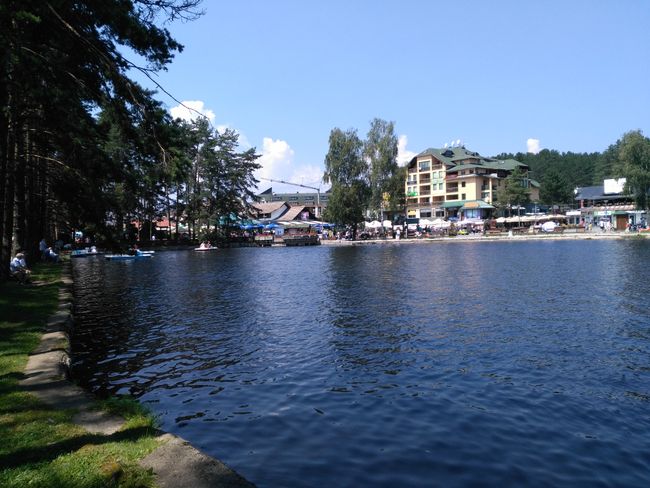
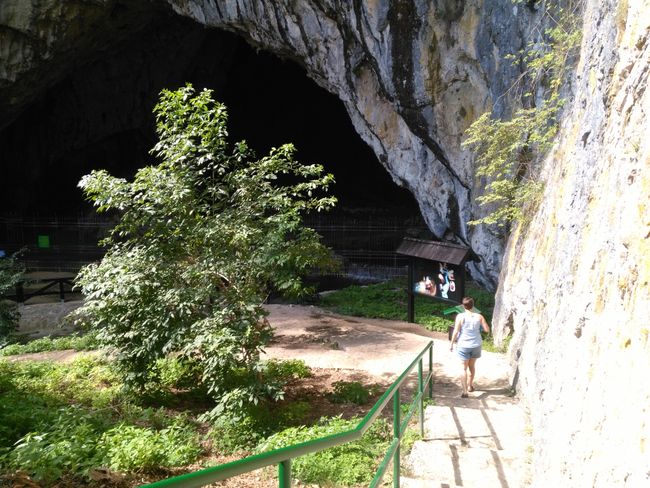
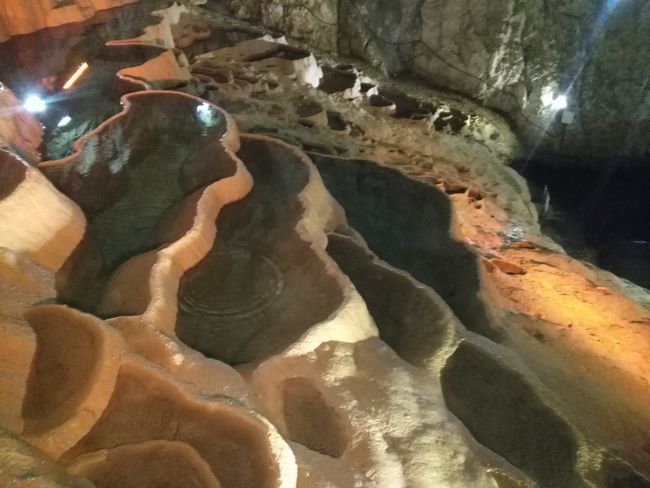
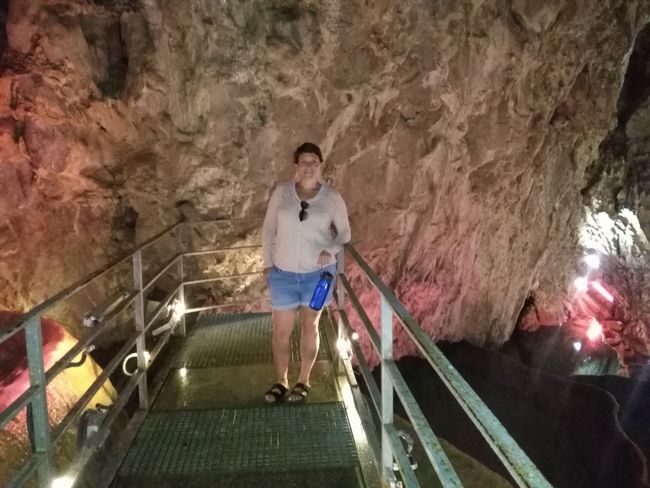
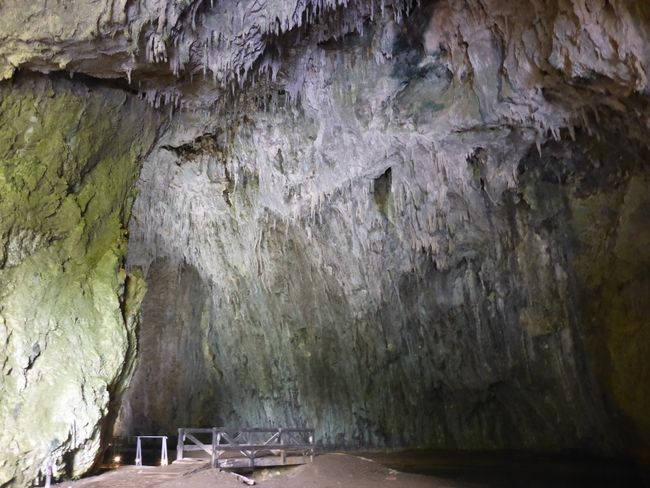
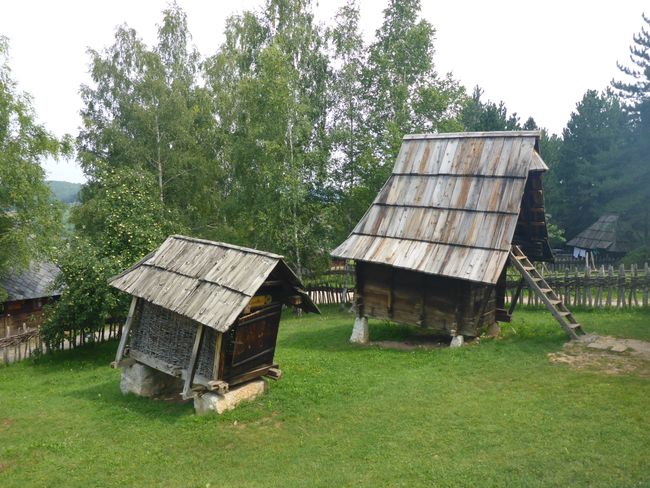
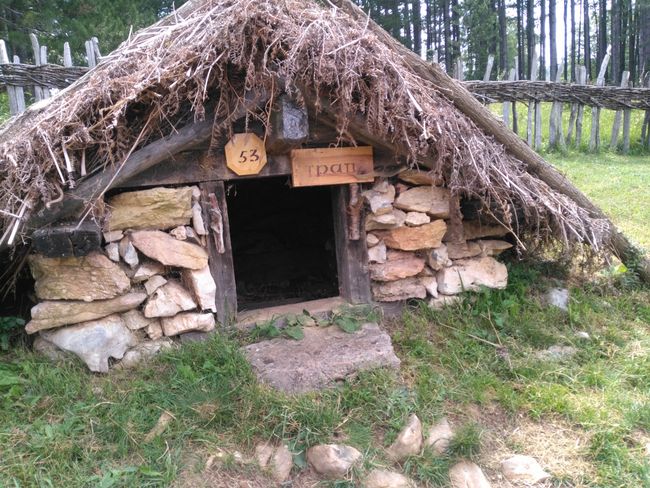
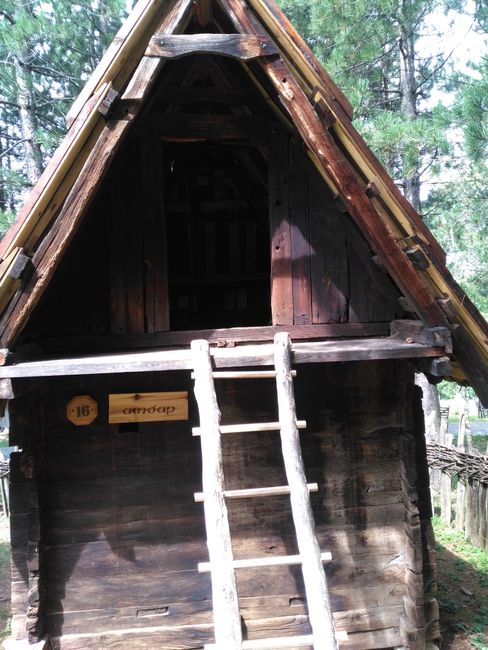
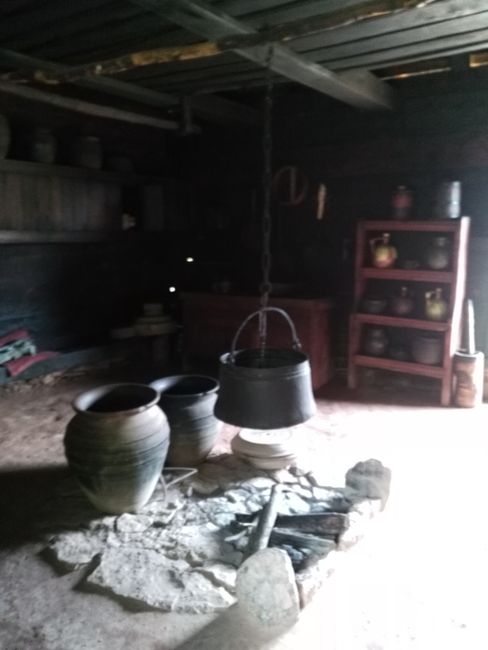
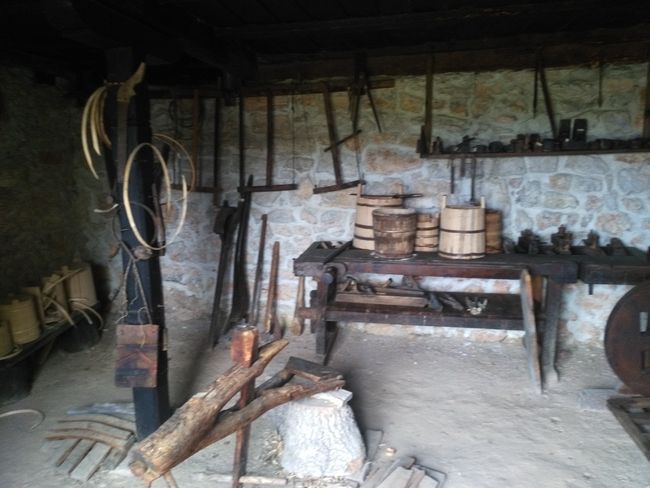
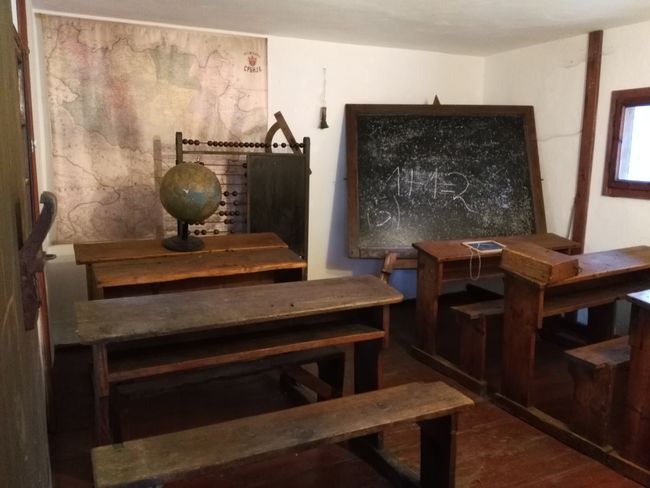
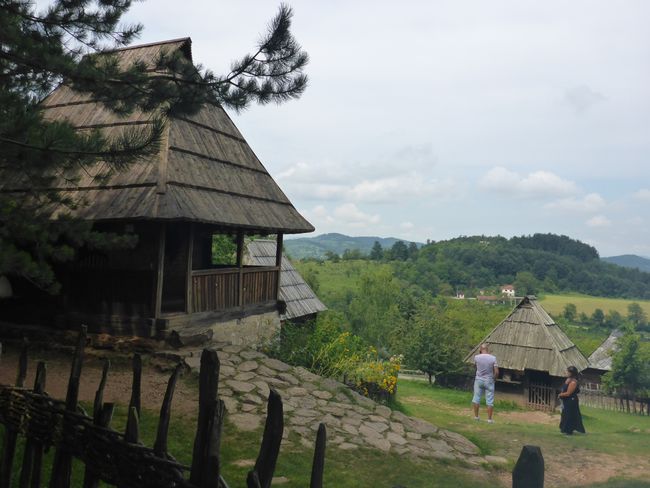

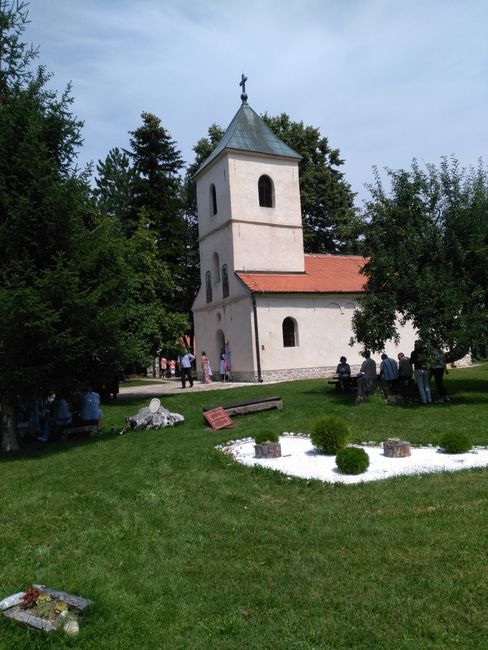
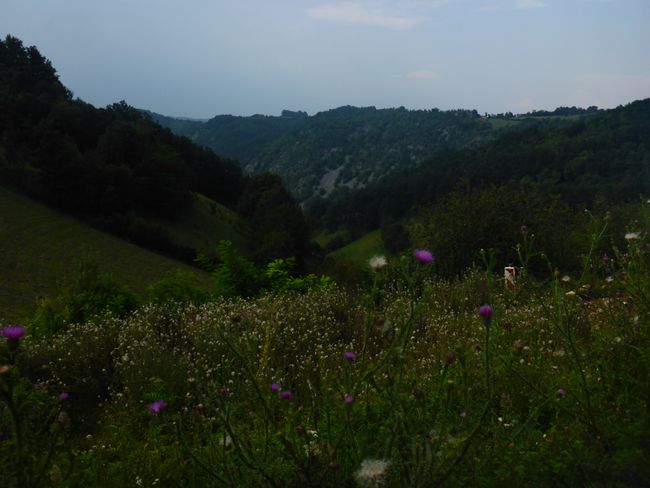
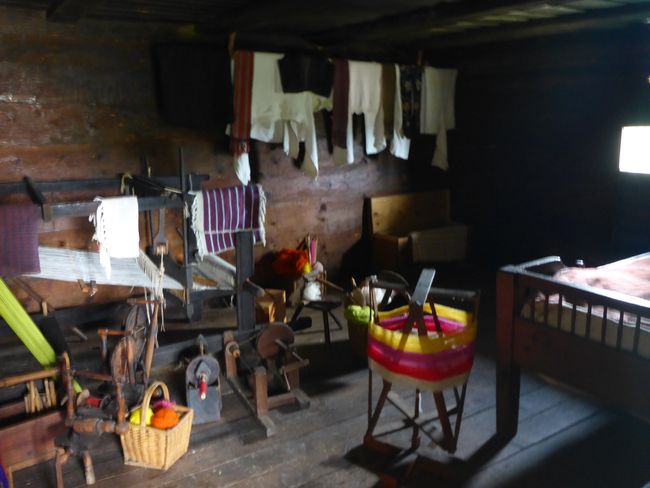
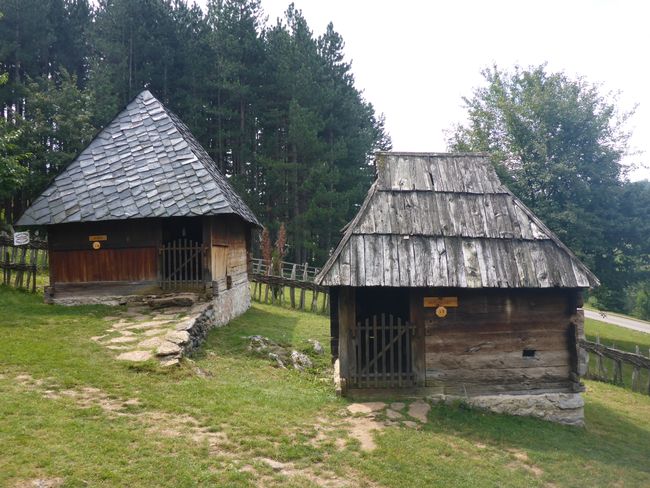
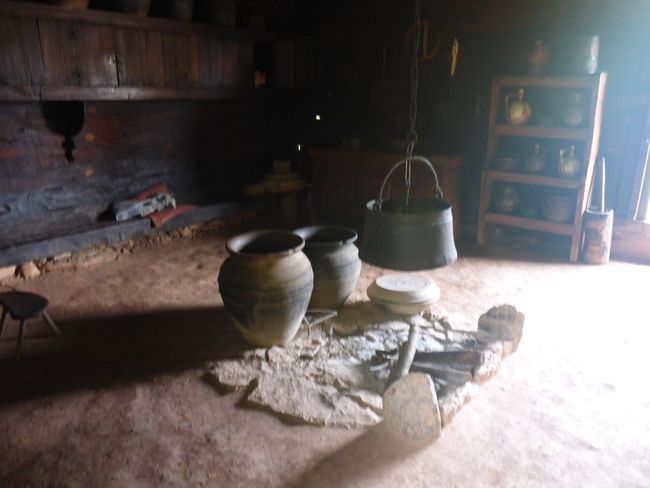
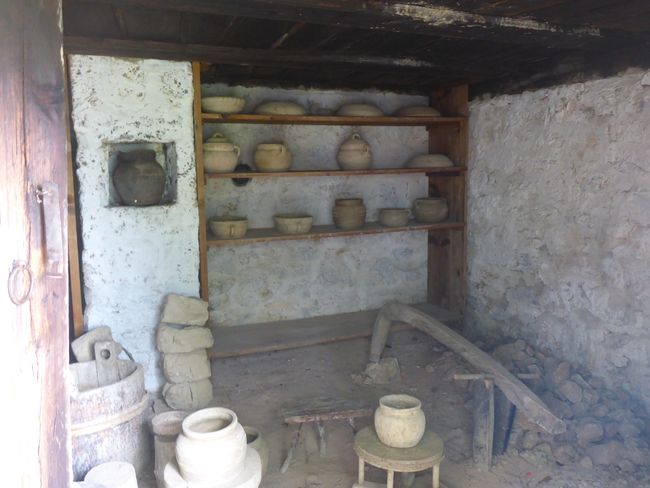
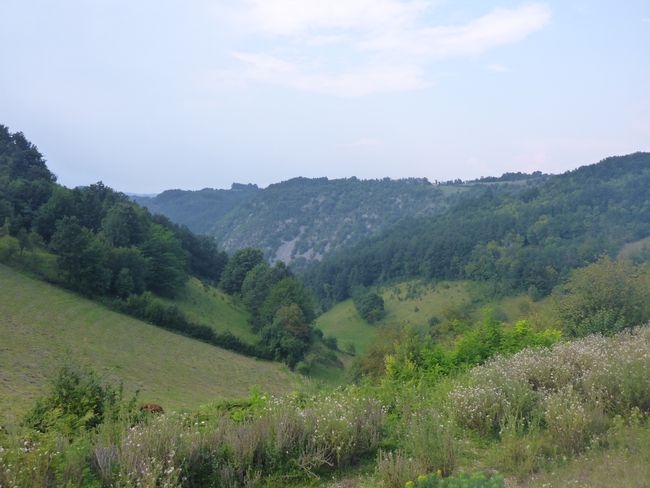
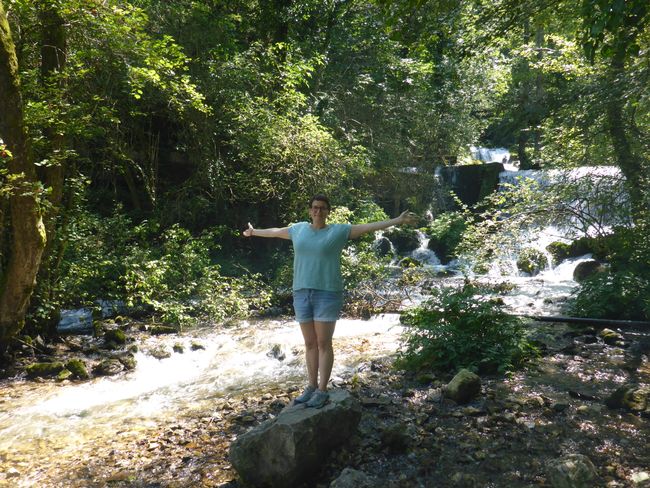
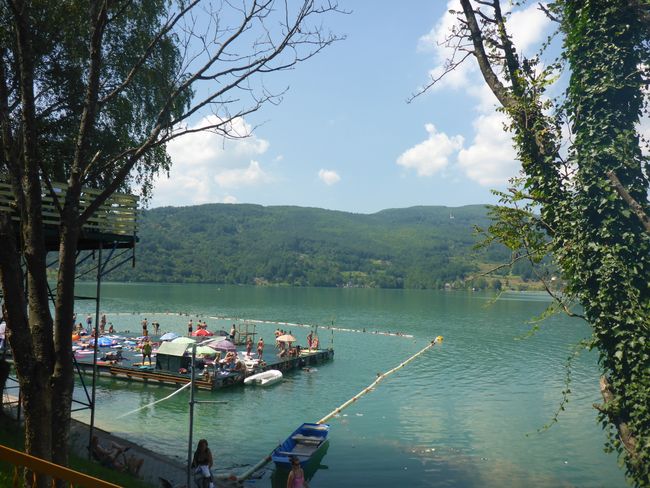
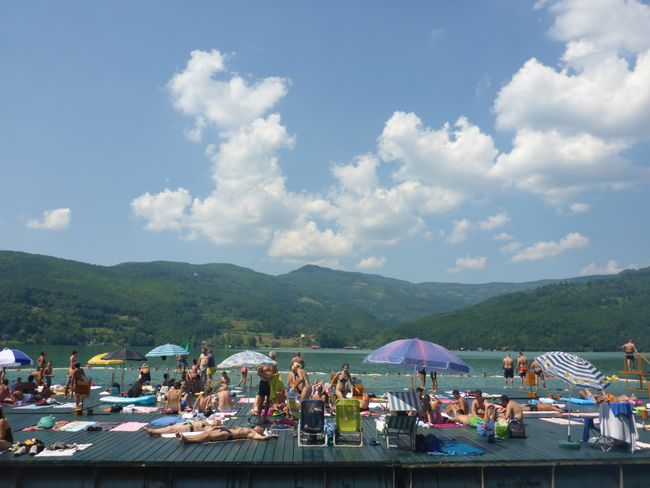
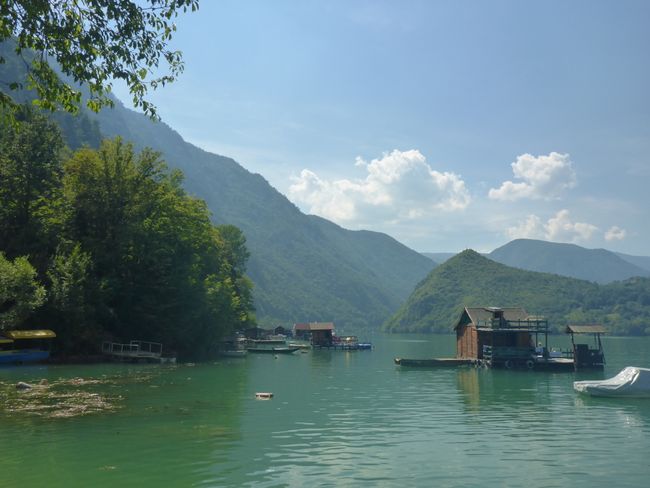
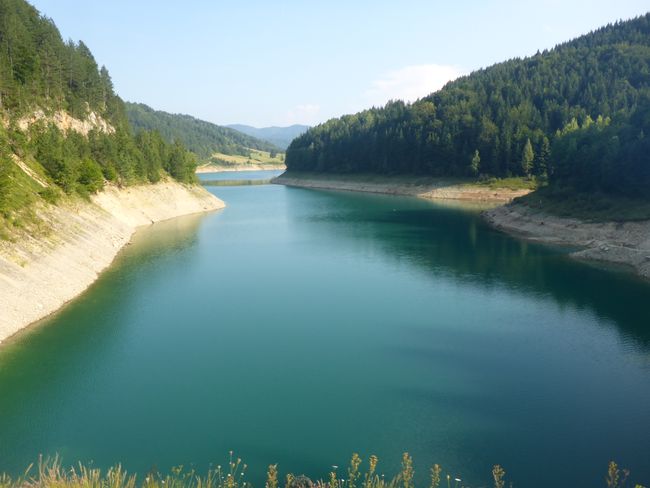
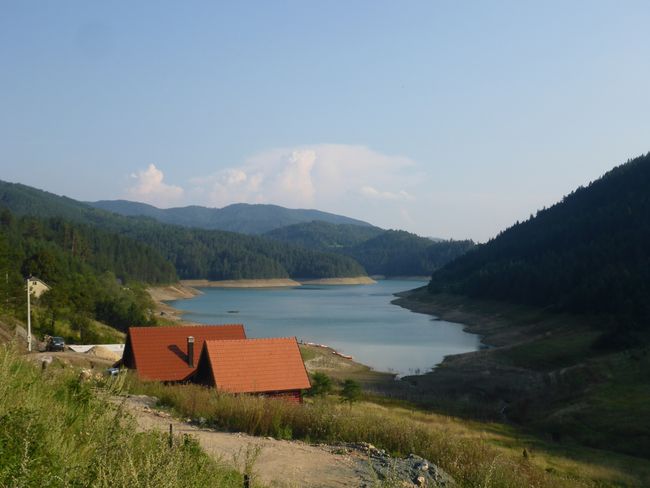
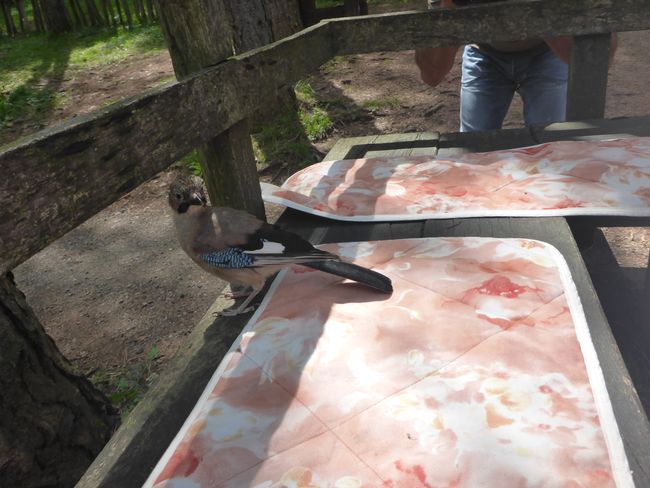
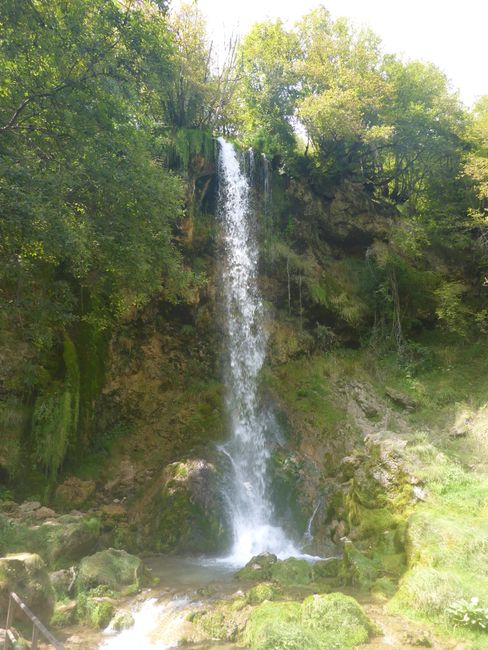
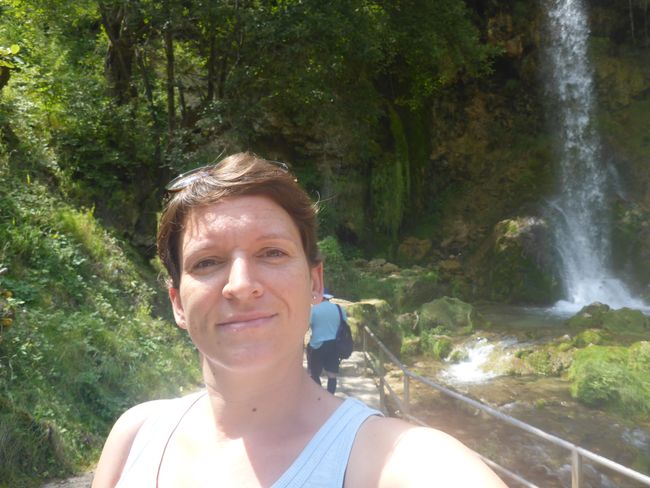

बातमीपत्राचे सदस्य व्हा
With the admittedly small but fine means of transport, the path leads out of the metropolis and south into the more rural area of Serbia. The nature here is simply breathtaking. It takes about 3 hours over high, winding passes and through deep valleys. The weather is as always good and thanks to the tent, other equipment, and an extensive visit to the supermarket, you get the feeling of having everything you need to live. The campsites are quickly found and there you will find everything you need, including WLAN for planning the hike the next day or a washing machine.
The well-signposted forest paths lead to a gigantic view over the valley, the reservoir, and the neighboring country of Bosnia and Herzegovina. The bookable bear expedition was waived due to time constraints.
Zlatibor is a fairly large place in the highlands (Dinarides), which is mainly used as a ski resort in the white season. Hard to imagine what it must be like here in winter. Construction is going on at every corner. With the corresponding localities and shops, it is hardly different from other ski resorts, for example in Austria. The prices are indeed significantly higher than the previous level, but still far below what you are used to elsewhere. According to Wikipedia, the place receives as many visitors per year as it has residents (300,000). However, only 10% of them are foreign travelers. It quickly becomes apparent that the tourism of the region is mainly dedicated to its own people. There is little focus on English-speaking guests.
In addition, many Serbs initially seem somewhat reserved. The lack of language skills contributes to this. However, when you start a conversation (or when you have to somehow arrange yourself through booking errors on Booking.com), the inhibition threshold often drops and true hospitality comes to light. You quickly get a kafa (Nescafe brewed with water, the common method here, and I always wondered who still drinks it in this version) or a schnapps, regardless of whether it is only noon. That's part of it here. Apparently, they also don't quite know what to do with all the fruit, so it's probably cheaper to offer schnapps than something else.
In addition to the many mountains, forests, lakes, waterfalls, and caves, there is also an ethnographic village to see, where you can get a good insight into what life must have been like in the area 100 years ago. There was a separate little house for every activity on the farm. It is interesting to see that the style with the high roofs, certainly for good heat storage in the winter months, also appears in modern houses.
Next stop: Montenegro...
बातमीपत्राचे सदस्य व्हा
उत्तर द्या

प्रवास अहवाल सर्बिया
